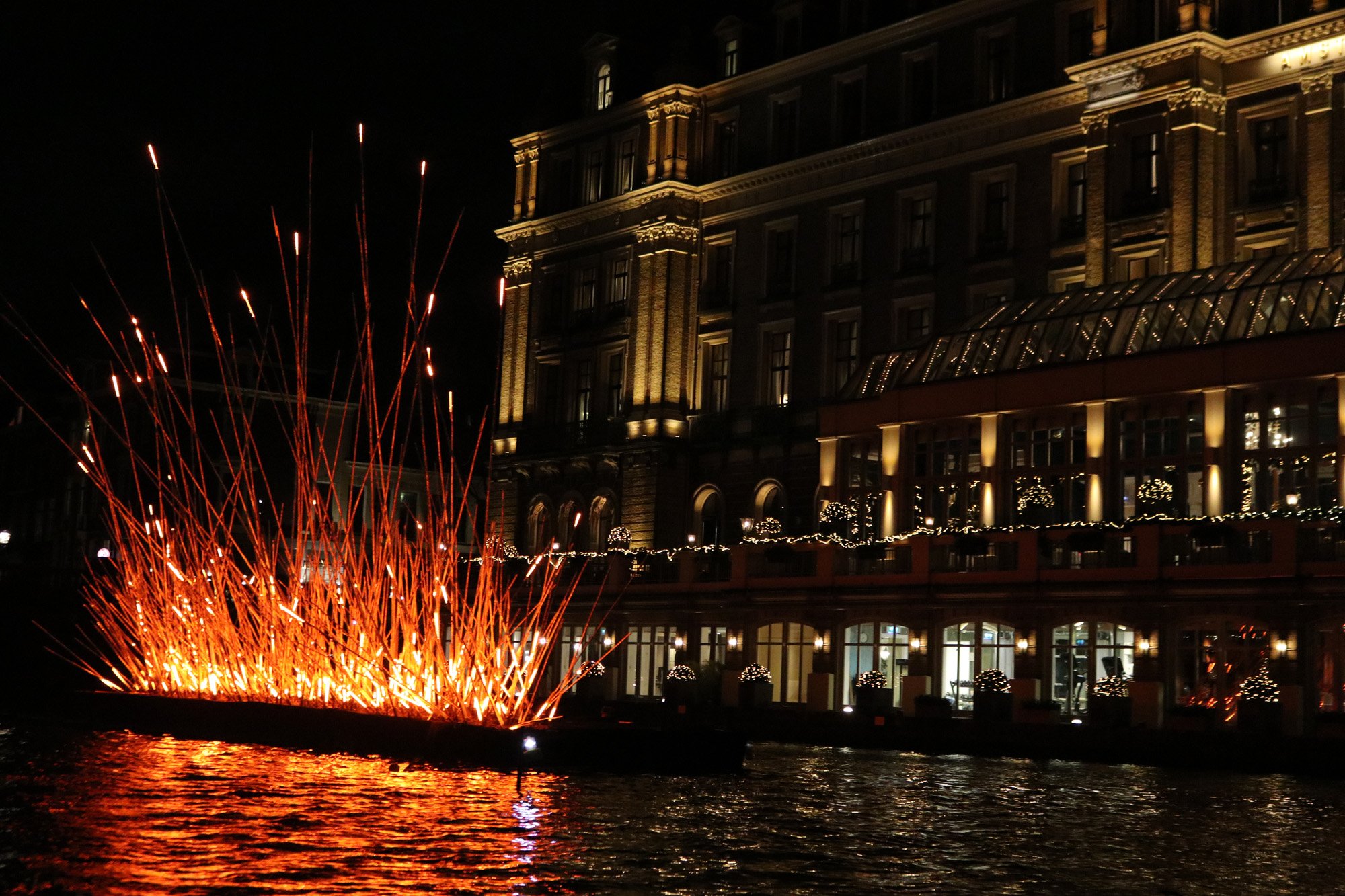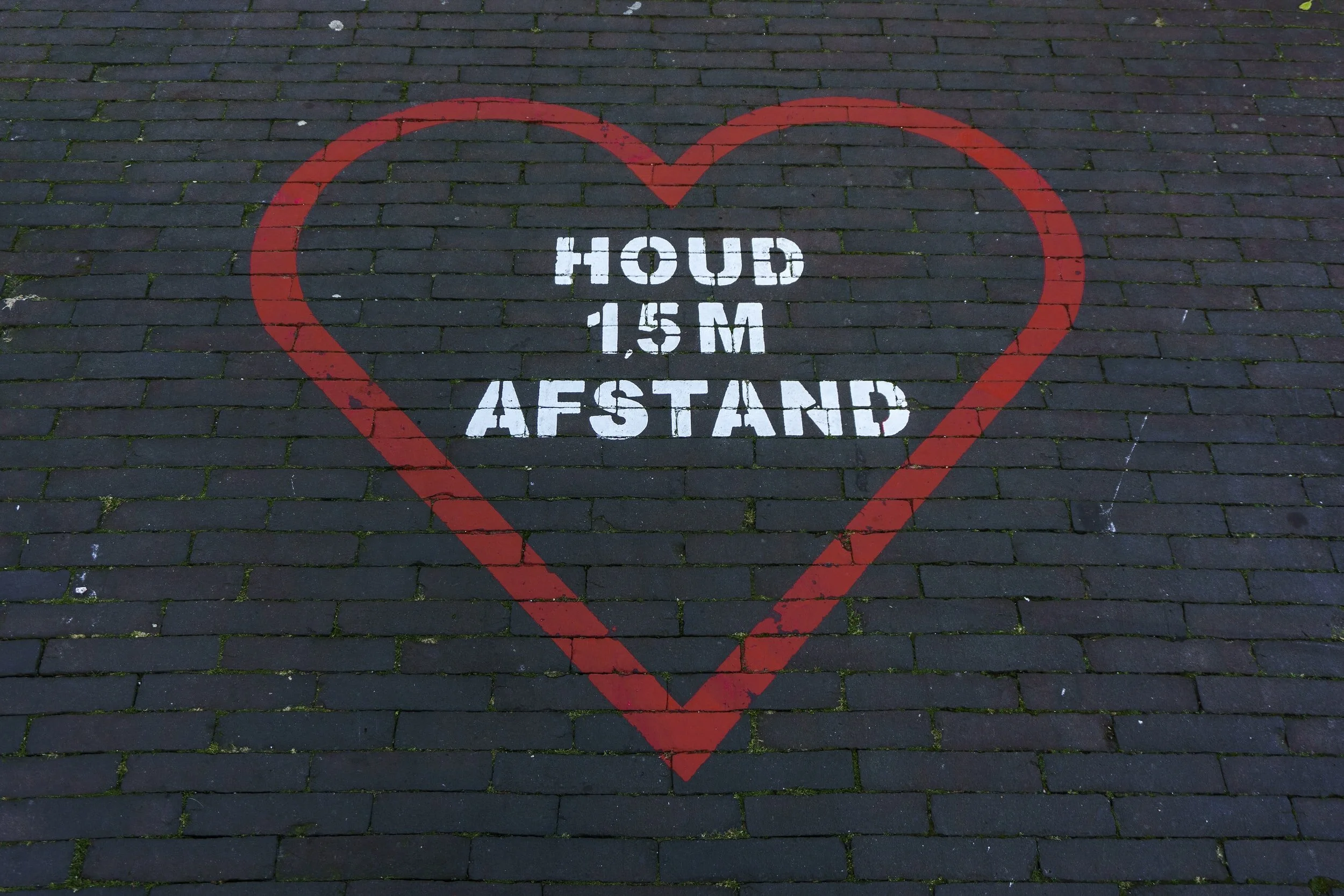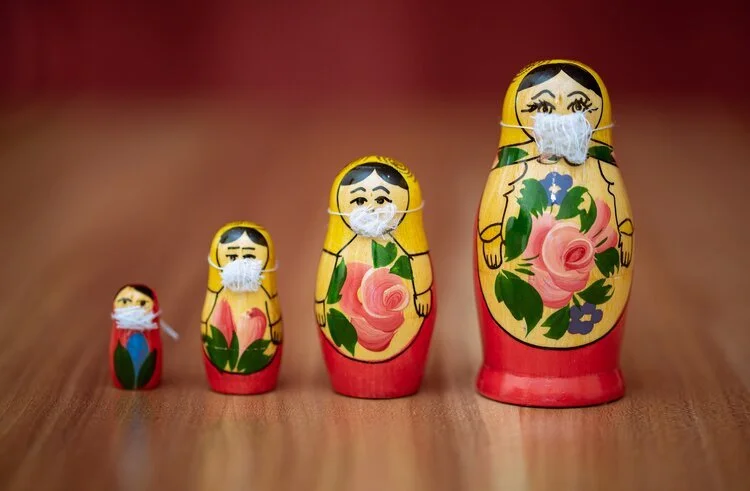Expat Chronicles: how the Dutch live out Calvinism
“Oh, that is our Dutch Calvinism.” It wasn’t long after I moved to The Netherlands that at Dutch friend explained her behavior in such terms. The thing is, she was talking about why they don’t often dine out. Huh?
Since I majored in religion at a Christian college I know all about Calvinism as the term is used in the United States, which is to say as a specific doctrine of predestination to explain how God relates to humans. John Calvin was a French theologian during the Protestant Reformation. He was influential throughout Europe, and became a sort of cultural hero in The Netherlands. By the late 1800’s nearly every political party in the country had adopted his teachings.
Nowadays most Dutch are not religious at all; nevertheless, they still consider themselves culturally Calvinistic. How is that? Their Calvinism exists as ethical norms that drive their behavior. Here are some admirable and funny ways that Dutch Calvinism expresses itself.
Orderly
Like many Northern Europeans, the Dutch are quite orderly people. They heed posted signs like “quiet” in the train and conscientiously stay off the areas marked “sensitive” along nature trails. My friend once explained that her children refuse to bike the wrong way on a bike path, even for a short while to make an efficient connection, so loyal are they to the rules.
I suppose that this orderly nature is why the Dutch can use schools as voting locations, while school is in progress. It’s why they are so fantastic at showing up exactly on time for appointments. It’s why the bike storage by the train station really looks like this - - -
In other cultures, individual ideas and the value of freedom may overpower affinity to orderliness in similar situations. The Dutch highly prize rule-abiding, which has a certain righteous affinity with religion.
Self Discipline
Are you asking yourself why ethics like orderliness and self-discipline should be related to a specific Christian idealogy, i.e. Calvinism? Well, I was too. But I promise that the Dutch really claim this connection. It’s almost as if they prefer the Calvinistic moniker to plain ol’ Christian. Perhaps that is because the Calvinistic flavor of Protestantism is particularly strict and unyielding. Plus, of course, that it has a true history in the land.
In 21st century Holland, Calvinism also translates to self-discipline. Dutch people will often do the right thing, even though it’s inconvenient and no one is holding them accountable. In some cases, maybe they do the best thing, especially because it is difficult and unpleasant. It is an opportunity to prove yourself, to yourself. For example, you own a car but are committed to using your bike as much as possible, for environmental and/or health reasons. So, even when it is raining and you’re heading to work, you opt for the bicycle. That’s the kind of person you are.
Another example is airing the house. Since fresh air is essential to home health, many Dutch sleep with the windows open even in the winter. Sure, it’s freezing in the bedroom, but they have a thick duvet and it’s healthier this way. Who needs comfort?
Or what about going to the doctor? Well, first wait and see if it resolves on its own. Wait and see. Don’t complain of every ailment. You can go to the doctor, of course, but all the better if you’ve been patient and self-disciplined first.
Frugality
What surprised me the most was the Dutch connection between frugality and Calvinism. To my friends it smacks of a certain heathen self-indulgence to spend money on luxuries. Frugality, in contrast, feels responsible and understated. Good citizens are also frugal.
One of my Dutch friends is no longer Christian, but this cultural frugality is deeply embedded. She was shocked when she heard that we took Elora to Efteling, the fairytale Dutch amusement park that is something like Disneyland. When I enquired, my friend explained that her parents never took her there, because it seemed too indulgent, and she had not yet taken her own children. Well, dear readers, tickets cost €40 to €50.
In the same way, dining out often will get tagged too luxurious by most Dutch people. It’s common to go out to dinner for birthdays, but for the rest eat mostly at home. Many attractions don’t even try to prevent people from bringing in outside food, as in America. It’s so culturally normal to bring your own sandwiches, that they’re not even trying to stop it.
I’d guess that the popularity of shopping secondhand and going camping for vacations are both related to Dutch Calvinistic frugality.
Mostly, I absolutely love the Dutch Calvinsitic spirit. It’s been a delight to find myself in a straightforward, orderly culture where people say what they mean and do what they say. Following the rules makes complex, well-functioning societies possible, in my opinion. I’m not totally Dutch yet though. I sleep with the windows closed most of the year and though my mother brought me up with frugality, I haven’t necessarily stayed the course. I like to indulge in making a beautiful home environment or on special vacations.
But that’s one of the great things about the Dutch spirit. On the one hand they have inherited a strong and demanding ethical heritage. On the other hand they are very openminded and respectful of those who differ. No one actually judges you for taking a car in the rain or planning a special outing for the kids. Most differences are quite welcome, as long as you don’t walk on the areas marked “sensitive” in nature - - -
or step on the tulips.



































